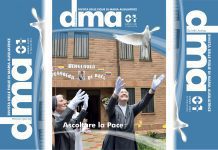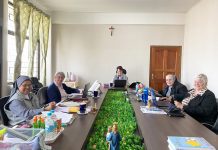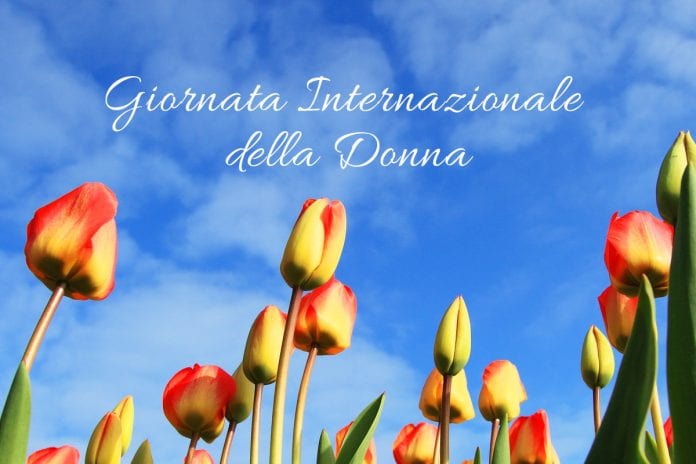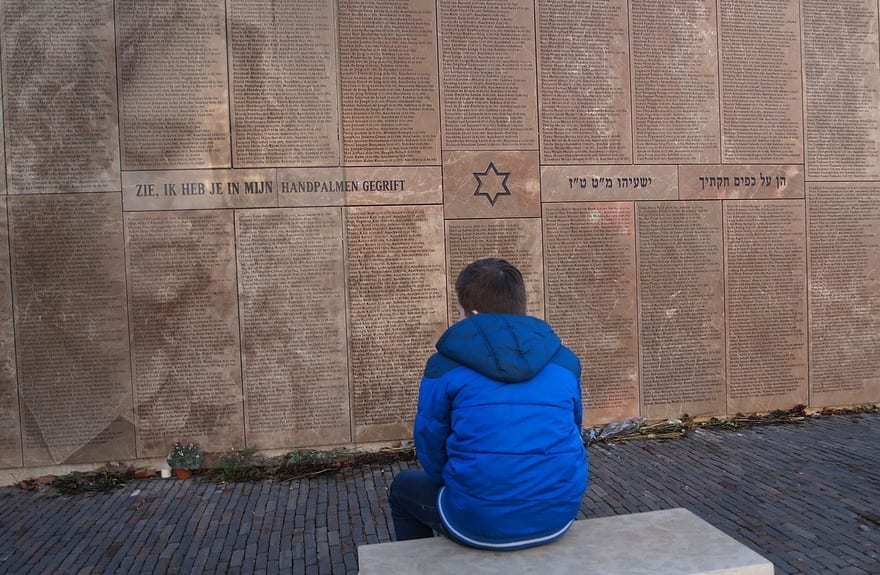Rome (Italy). International Women’s Day is celebrated on 8 March 2021, promoted by the United Nations Organization (UN) to celebrate the achievements of women in the social, economic, political, and cultural spheres around the world and to draw attention to the steps still to be taken in recognizing their rights.
This year’s theme: “Women in leadership: Achieving an equal future in a COVID-19 world,” highlights the commitment made by women to achieve a more equitable future, in the scenario of the pandemic that has amplified gender inequalities.
This time of pandemic has highlighted the centrality of the contribution of women in the world economy, but also the considerable burden they carry, often without recognition. In fact, women are at the forefront as healthcare workers, caregivers, researchers, and other professional roles, demonstrating a great organizational capacity in reconciling work and family life and in dealing with the reality of the virus. However, their fundamental rights are not always recognized, such as gender equality in pay, equal sharing of domestic work, access to decision-making roles, and other forms of fair treatment.
On the occasion of International Women’s Day 2021, the Covid-19 Vatican Commission, established by Pope Francis in March 2020 to express the Church’s concern in the face of the pandemic, announced the publication of a working document entitled: “Women in COVID-19: disproportionately affected and protagonists of regeneration”. It is an analysis of the current situation of women according to the vision of the Church, with proposals for action and concrete cases that bring the voice of women from different parts of the world.
Another initiative to celebrate the Day is the Webinar “Women read Fratelli tutti”, held on 3 March 2021, organized by the World Union of Catholic Women’s Organizations (UMOFC / WUCWO) and the Women’s Council of the Pontifical Council for Culture (PCC), in collaboration with the Pontifical Council for Interreligious Dialogue (PCDI). The Webinar was attended by women leaders of religious communities – Muslim, Hindu, Buddhist, Jewish, Ecumenical, and Catholic – who celebrated women by giving their specific feminine and cultural contribution to the reading of the Encyclical, creating a communion of diversity, a sign of desired harmony between the peoples involved in the journey of fraternity.
The promotion of women on the paths of integration into society through integral education, is an essential element of the identity of the Institute of the Daughters of Mary Help of Christians, committed from its origins to the empowerment of women. The Guidelines for the Educational Mission of the FMA Institute indicate it as an “operational criterion” for all the Educating Communities of the FMA:
“The promotion and holistic education of young women are operative criteria that characterize the FMA Educating Communities. Mary Domenica Mazzarello and the first FMA inaugurated an approach that valued and cultivated women’s gifts, with a view to their formation and their mission in society and in the Church. God has entrusted humankind to woman and has given them a special vocation to care for and to promote life at all levels.” (LOME 148)
In the Message for launching the Global Educational Pact, Pope Francesco speaks of a process that requires the commitment and collaboration of all. For this reason, in the different educational realities in which they operate in the world, the FMA build synergies with associations, groups, organizations, and institutions, in order to reach and support the growth of little children, girls, and women.
Guaranteeing women and girls equal access to education, medical care, decent work, as well as decision-making, political, and economic processes, means building a more fraternal world and a future of peace for the benefit of all humanity.
“Thus women, intimately linked to the mystery of life, can do much to promote the spirit of fraternity through their care for the preservation of life and with their conviction that love is the only force that can make the world habitable for all”.
(Pope Francis – Discourse to the Pontifical Council Plenary for Inter-religious Dialogue)




















